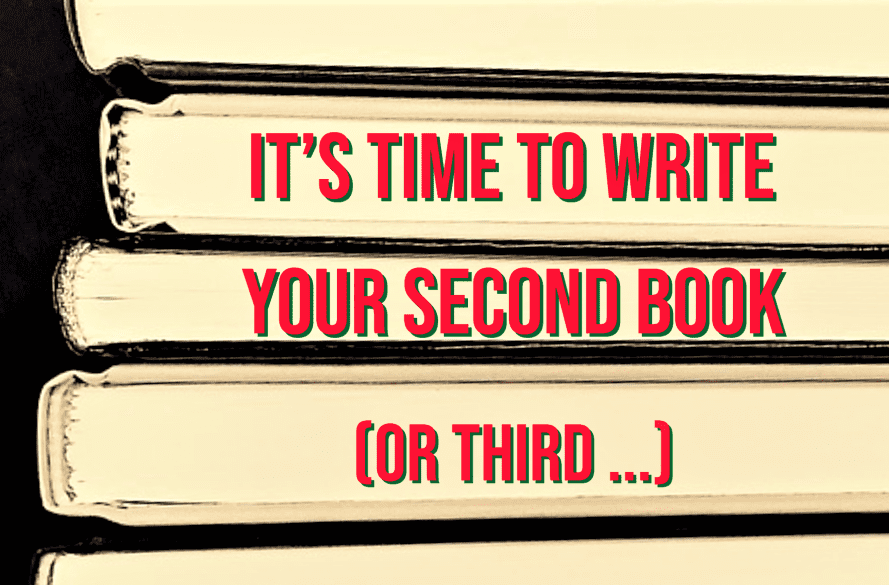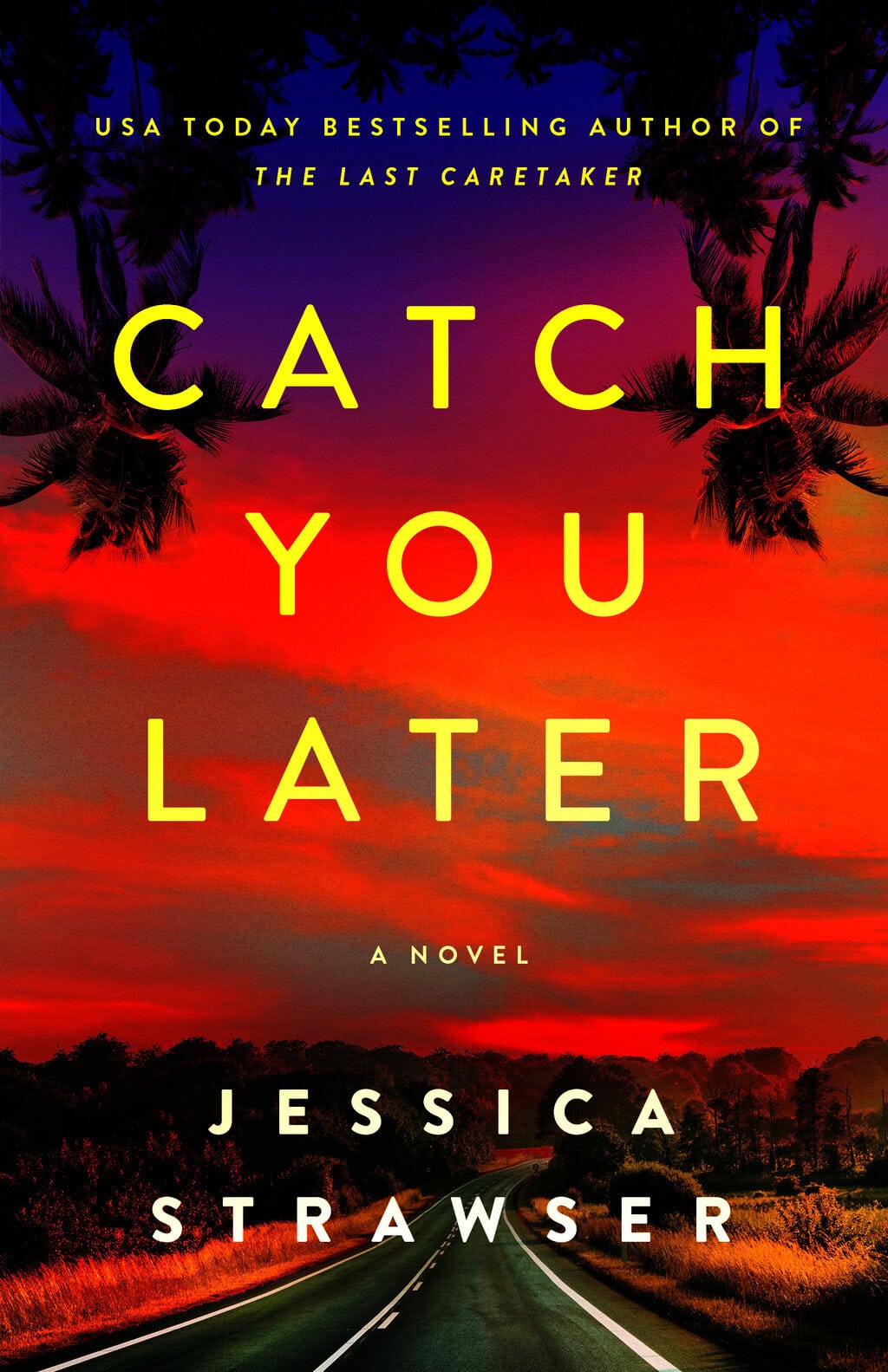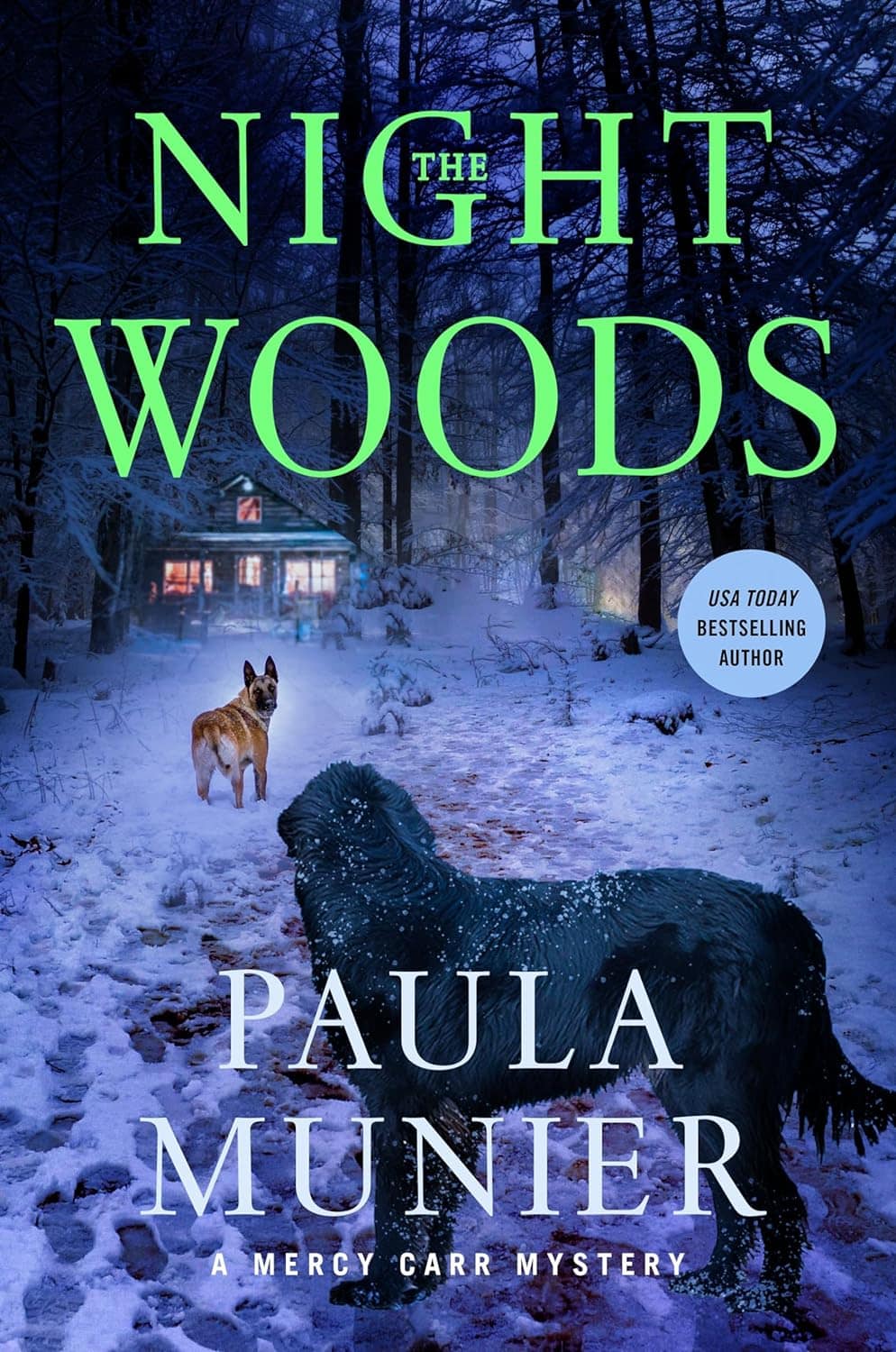A book may be acquired and published for a number of reasons, many of them falling under the category of “Luck.” Unreliable narrators might be in vogue. Or readers may have grown tired of reading novels about rich people. Book trends—like cowboy romances —are unpredictable, and publishers both lead and follow them. Yours could be the right book at the right time. Or not.
Factors out of your control may affect your book’s odds at success; and writing to trend is risky.
The career author keeps writing and has a brilliant book at the ready when opportunity strikes.
Your accomplishment
Think back to when you wanted to write a novel and didn’t know you could. Writing a book requires curiosity, discipline, and focus—not to mention craft and artistry. You did it. And for that you deserve great praise.
Writing a book is one thing. Publishing a book is another thing entirely.
It’s a mistake for writers to assume that everything they write will or even should be published in a commercial marketplace. Many new writers assume that an unpublished book is a failure. Not so.
Writers write
And writers keep writing. It’s how they improve. After attending a class on painting watercolors, few would expect their efforts to be hung alongside Monet’s “Water Lilies” at MOMA. So why do writers feel so let down when they can’t find a publisher?
It’s not easy to move on from a beloved manuscript:
“But I’ve invested so much time in writing this book.”
“I really believe in this story.”
“If only I can catch a break.”
You’re not wrong to feel these things. Writing is hard, and you may have spent years writing your novel. The mere suggestion to move on prompts feelings of nausea and despair. Every career author has been there.
Back to the drawing board
You molded a narrative. You learned how to write realistic characters and fashion a plot. Think of the skills you have amassed when finishing your novel. You won’t unlearn them, but you might take them to a higher level with your next book. You’re a different writer now that you’ve finished a book-length work. And you’ll begin your second book with a big head start.
You may need to write an unpublished novel to get to the one that works.
The prequel as sequel
Years ago, as a junior editor, I was mystified at the arrival of a seriously troubled novel, the second book on a two-book contract. This talented author’s debut novel was brilliant. “How is it possible he could write such an amateur book now?” I wondered aloud to my boss. She shook her head; it was obvious. “This is his first book—the one that didn’t get published.” It still wasn’t good enough.
That’s not to say it’s a terrible idea to cannibalize the best morsels of unpublished works for a new project. I’m talking about picking out a few extremely good bits and pieces. Do not write that same novel again.
NaNoWriMo
November is NaNoWriMo Month, an annual challenge for members of an online community to write 50,000 words of a novel in thirty days. Since 1999, nearly 800,000 writers have participated.
Meanwhile, you’ve been working on your book for years, and it still hasn’t sold.
Take inspiration from the enthusiastic goal-setting of NaNoWriMo’s authors, and set your own ambitious writing goals. Or sign up and take the challenge next November.
Publishing professionals
The people a career author wants to market and sell their books are professionals interested in the long run. It’s the difference between managing a project and a career.
After devoting so many hours to writing their book, a writer may feel all that’s holding them back is the help of a literary agent to crash through the publishing gates. They worry it’s a faulty query letter or synopsis that’s preventing their ascent into the literary pantheon. While the importance of such things are rightfully stressed at Career Authors, if the fish ain’t bitin’, move on.
The amateur nurses their grievances with their first book while the professional takes the next step.
And consider the time investment of a literary agent. The best (and dreamed-for) agent guides a career author’s entire career, the goal being a longstanding mutually profitable relationship.
Put yourself in an agent’s shoes. It’s incredibly difficult to find profitable clients, so agents aren’t exactly out there seeking one-offs. Naturally, their favorite writers are those that reliably produce bestsellers every year. They also are pleased with clients who regularly deliver saleable books, one after another. When looking for new clients, an agent wants to know if a prospective writer has more than one book in them.
The successful commercial author has many ideas—ideally, one a year.
Persistence
Publishing seems a closed, mysterious world to those outside it. And whether they like to or not, today’s career authors must devote a lot of time to non-writing distractions like marketing and promotion.
But that’s not a writer’s goal, and the novice writer should bear that in mind. Yes, absolutely, perfect your query letter and synopsis. Attend readings and writer workshops and genre conferences but seek out and explore new ideas in these venues. Don’t wait too long for lightning to strike on one book.
Part of the working definition of an artist should be that they face rejection— especially when venturing into a commercial realm. Career authors have chosen an admirable but difficult challenge, and persistence is a requirement. But persistence is no guarantee of publication if a book is not the right book at the right time. Instead, a career author’s devotion must be to the storytelling craft. That’s where persistence is called for.
Career authors need flexibility and strength to keep working at their writing. Even the most successful writers labor to be better. Keep moving forward. Give up what doesn’t work.
We’ve all heard the tales of successful writers with gads of unpublished manuscripts and files of rejection letters. They persisted, and so should you.
Is there a manuscript in your bottom drawer? Have you had your heart broken while setting aside a project— or is it no problem for you, easy peasy? We’d love to hear your experience on Facebook.





